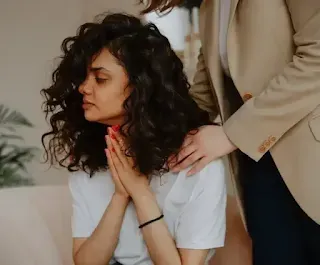Learn about the most effective treatments for endometriosis, including medications, surgeries, supportive therapies, and fertility options to help manage pain and improve quality of life.
Endometriosis is a chronic condition where tissue similar to the uterine lining grows outside the uterus, affecting approximately 10% of women of reproductive age worldwide. This condition can lead to severe pelvic pain, heavy periods, and infertility. While there is no definitive cure, various treatments can help manage symptoms and improve quality of life.
Medical Treatments
Pain Management
Nonsteroidal anti-inflammatory drugs (NSAIDs), such as ibuprofen and naproxen, are commonly used to alleviate menstrual cramps and pelvic pain associated with endometriosis. These medications reduce inflammation and provide symptomatic relief. Source
Hormonal Therapies
Hormonal treatments aim to reduce or eliminate menstruation, thereby slowing the growth of endometrial tissue:
- Combined Oral Contraceptives: These pills regulate or suppress menstruation, reducing pain. Source
- Progestins: Medications like norethindrone acetate can shrink endometrial implants and alleviate symptoms. Source
- GnRH Agonists and Antagonists: Drugs such as leuprolide acetate (Lupron®) and elagolix (Orilissa®) suppress ovarian hormone production, inducing a temporary menopausal state. "Add-back" therapy is often prescribed alongside to mitigate side effects like bone density loss. Source
- Newer Medications: Linzagolix (Yselty®) is a recently approved oral GnRH antagonist that offers flexible dosing options and has shown promise in clinical trials. Source
Surgical Options
Surgery is considered when medical treatments are ineffective or when endometriosis severely affects quality of life:
- Laparoscopic Excision Surgery: This minimally invasive procedure involves removing endometrial lesions and is considered the gold standard for surgical treatment. Source
- Hysterectomy: In severe cases, removal of the uterus (and sometimes ovaries) may be recommended, especially for women who do not wish to preserve fertility. Source
It's important to note that while surgery can provide significant relief, symptoms may recur over time.
Supportive Therapies
Complementary treatments can be beneficial alongside medical or surgical interventions:
- Pelvic Floor Physical Therapy: Helps alleviate pelvic pain and improve muscle function. Source
- Acupuncture and TENS Therapy: These modalities can reduce pain perception and improve well-being. Source
- Dietary Modifications: An anti-inflammatory diet rich in omega-3 fatty acids, antioxidants, and fiber may help manage symptoms. Source
- Mental Health Support: Counseling or support groups can assist in coping with the emotional impact of chronic pain and infertility. Source
Fertility Considerations
Endometriosis can impair fertility, but several options are available:
- Ovulation Induction and IUI: Effective for women with mild endometriosis. Source
- IVF: Often recommended for moderate to severe cases or when other treatments have failed. Source
Early consultation with a fertility specialist is advised for women with endometriosis who wish to conceive.
Conclusion
Managing endometriosis requires a personalized approach that considers the severity of symptoms, desire for fertility, and individual preferences. A combination of medical treatments, surgical options, and supportive therapies can effectively control symptoms and improve quality of life. Ongoing research continues to advance our understanding and treatment of this complex condition.
For related insights, check out these articles on our site:

